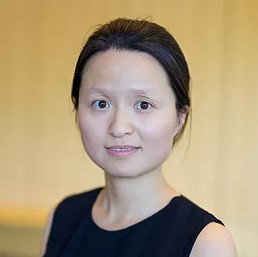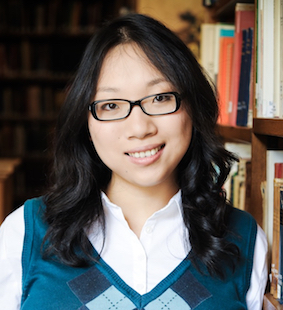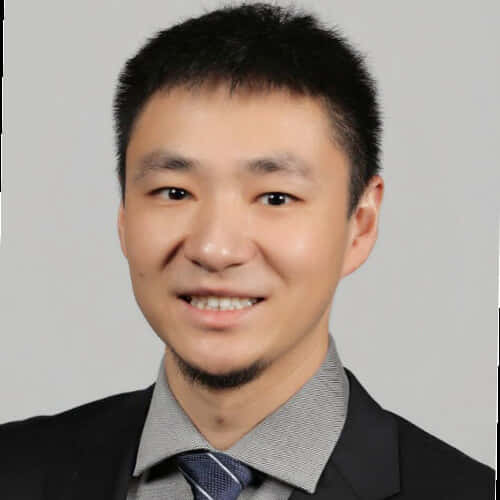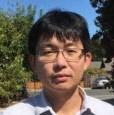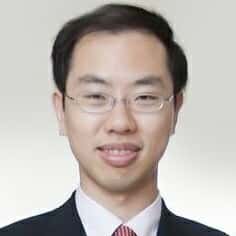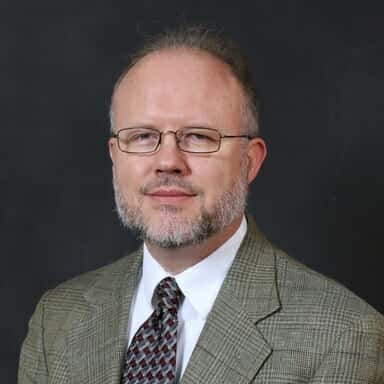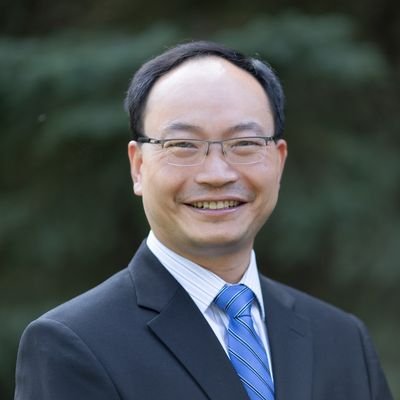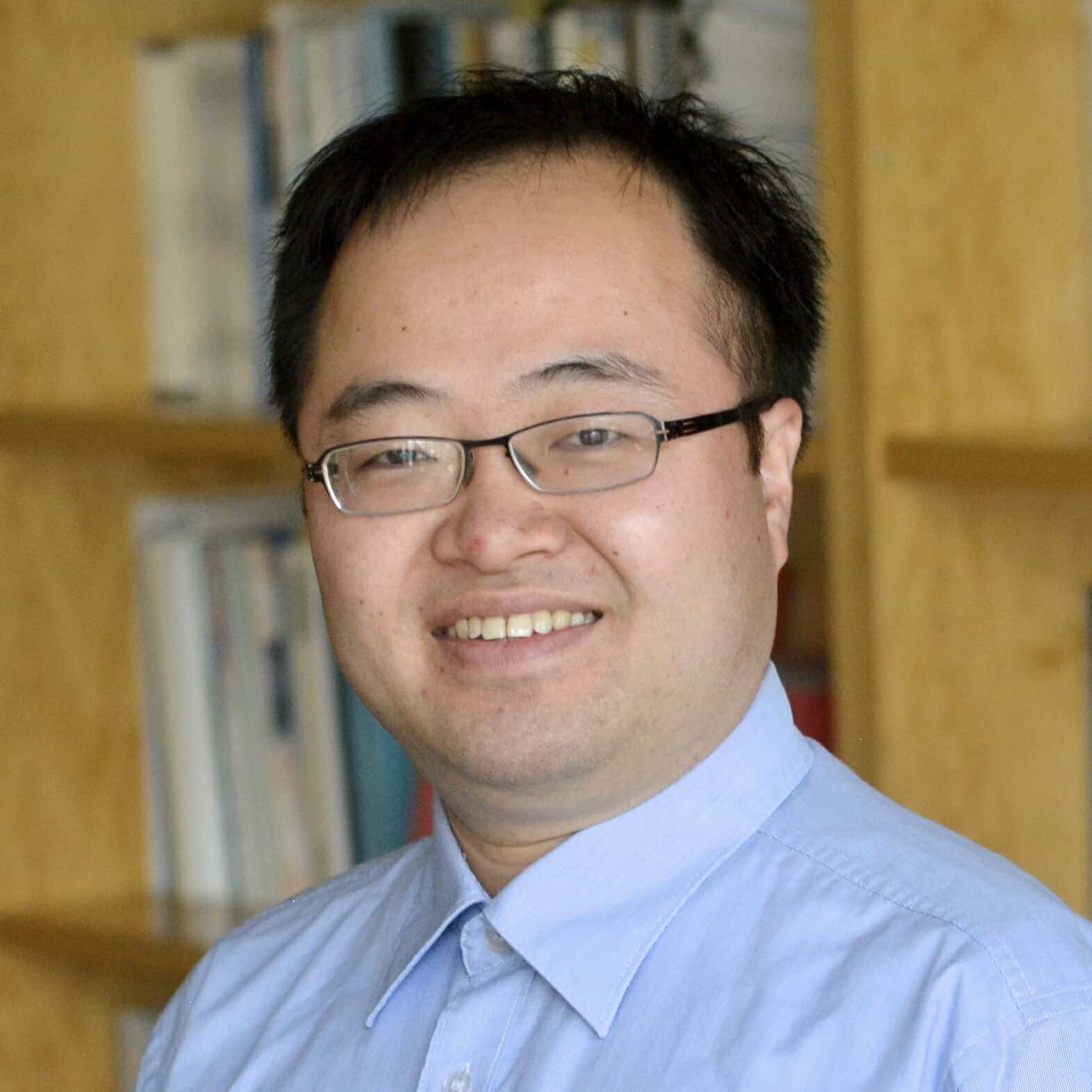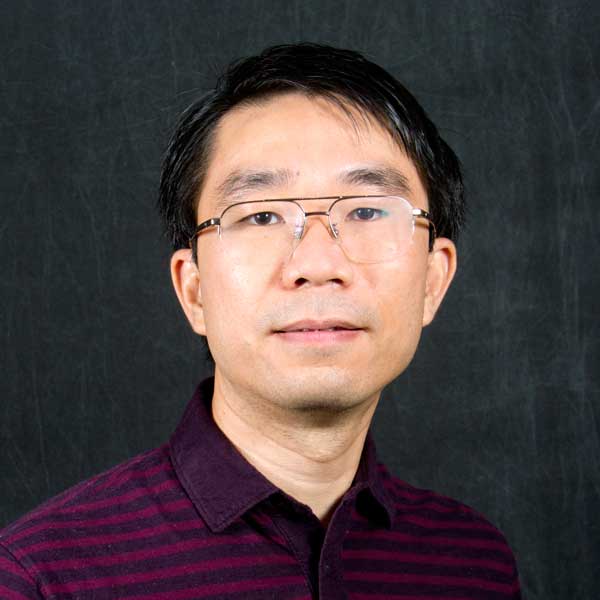
Digital Twin
A digital twin is a digital replica of a living or non-living physical entity, whose technology can be adopted to build a vehicle-to-cloud framework.
Learn more
A digital twin is a digital replica of a living or non-living physical entity, whose technology can be adopted to build a vehicle-to-cloud framework.
Learn more
Edge computing is a distributed computing paradigm that brings computation and data storage closer to the sources of data.
Learn more
Software-defined vehicle can be described as the characterization and implementation of vehicle features as software functions and services running on shared or centralized compute.
Learn more
The development of technologies embedded in connected and autonomous vehicles (CAVs) increases the potential of cyber-attacks.
Learn moreParallel driving/transportation is proposed under a cloud-based cyber-physical-social systems, which can include parallel testing, parallel learning, and many other modules.
Learn more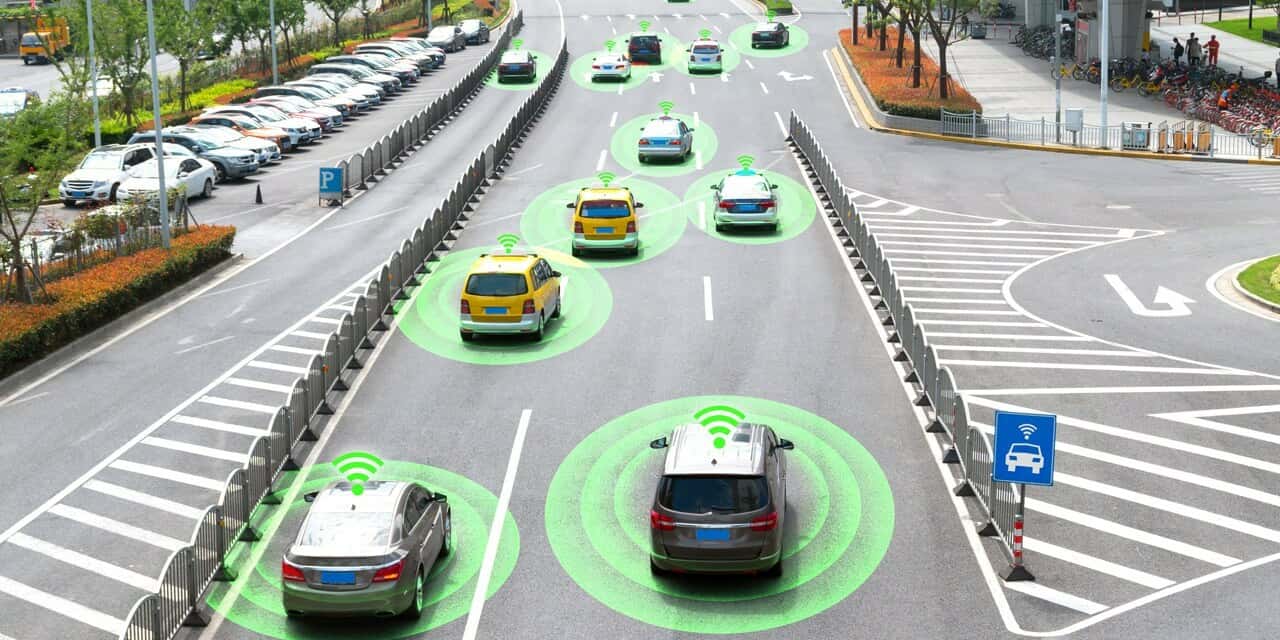
VCPS realizes mobile cloud computing services where vehicles themselves or mobile devices (e.g., smartphones and tablets of drivers or passengers in vehicles) play a role of both cloud server and cloud client.
Learn moreBefore IoT applications are implemented in real transportation systems, modeling and simulation can be conducted to study their effectiveness.
Learn more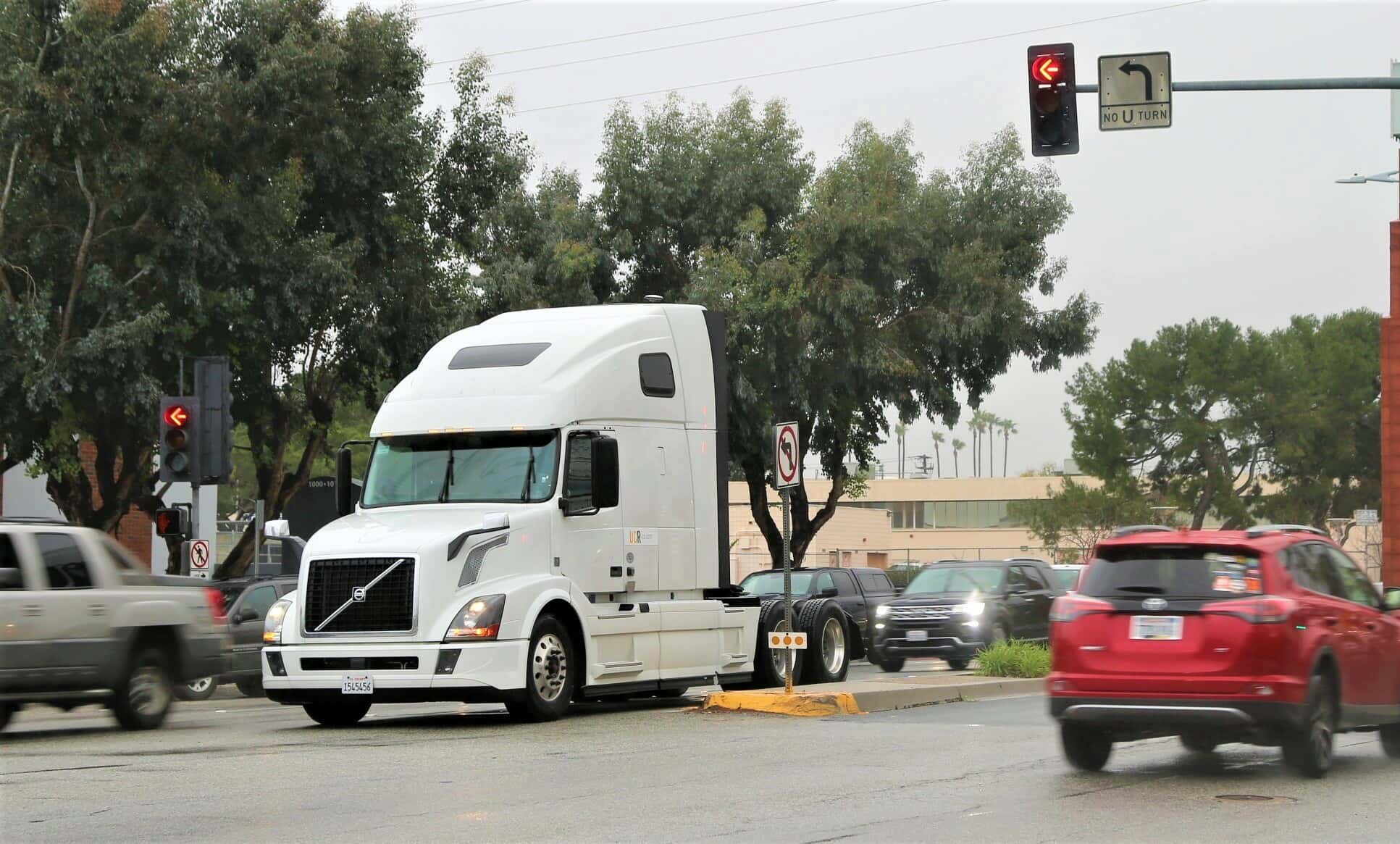
Field implementation of IoT applications can be conducted on real-world vehicles and make them internet of vehicles.
Learn more
Dr. Ziran Wang is a Tenure-Track Assistant Professor at the Purdue University College of Engineering, part of the Autonomous and Connected Systems Initiative and the Lyles School of Civil Engineering. He leads the Purdue Digital Twin Lab, which aims to build digital replicas of real-world entities based on AI, big data, cloud/edge computing, and mixed reality. Prior to joining Purdue, Dr. Wang worked for Toyota R&D in Silicon Valley as Principal Researcher of Digital Twin. He also serves as Founding Chair of IEEE Technical Committee on Internet of Things in Intelligent Transportation Systems, and Associate/Guest/Handling Editor of five academic journals. His achievements were demonstrated on Consumer Electronics Show (CES) in Las Vegas, and acknowledged by four best paper awards, the First Prize in IEEE Shape the Future of ITS Competition, and the U.S. Department of Transportation Dissertation Award. Dr. Wang is an author of 40+ refereed publications and 50+ patent applications. He received the Ph.D. degree in Mechanical Engineering from the University of California, Riverside.
Learn more about Dr. Wang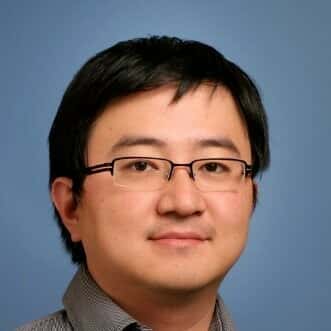
Dr. Qi Zhu is a tenured Associate Professor at the Department of Electrical and Computer Engineering (ECE) in Northwestern University. He was an Assistant Professor and later Associate Professor at the ECE Department in University of California, Riverside from 2011 to 2017, and a Research Scientist at the Strategic CAD Labs in Intel from 2008 to 2011. Dr. Zhu received a Ph.D. in EECS from University of California, Berkeley in 2008, and a B.E. in CS from Tsinghua University in 2003. His research interests include design automation for cyber-physical systems (CPS) and Internet of Things, cyber-physical security, safe and secure machine learning for CPS, and system-on-chip design, with applications in domains such as automotive electronic systems, connected vehicles, and energy-efficient buildings. He received best paper awards at Design Automation Conference (DAC) 2006, DAC 2007, International Conference on Cyber-Physical Systems (ICCPS) 2013, and ACM Transactions on Design Automation of Electronic Systems (TODAES) 2016. He received the NSF CAREER award in 2016, the IEEE Technical Committee on Cyber-Physical Systems (TCCPS) Early-Career Award in 2017, and the Humboldt Research Fellowship for Experienced Researchers.
Learn more about Dr. Zhu
